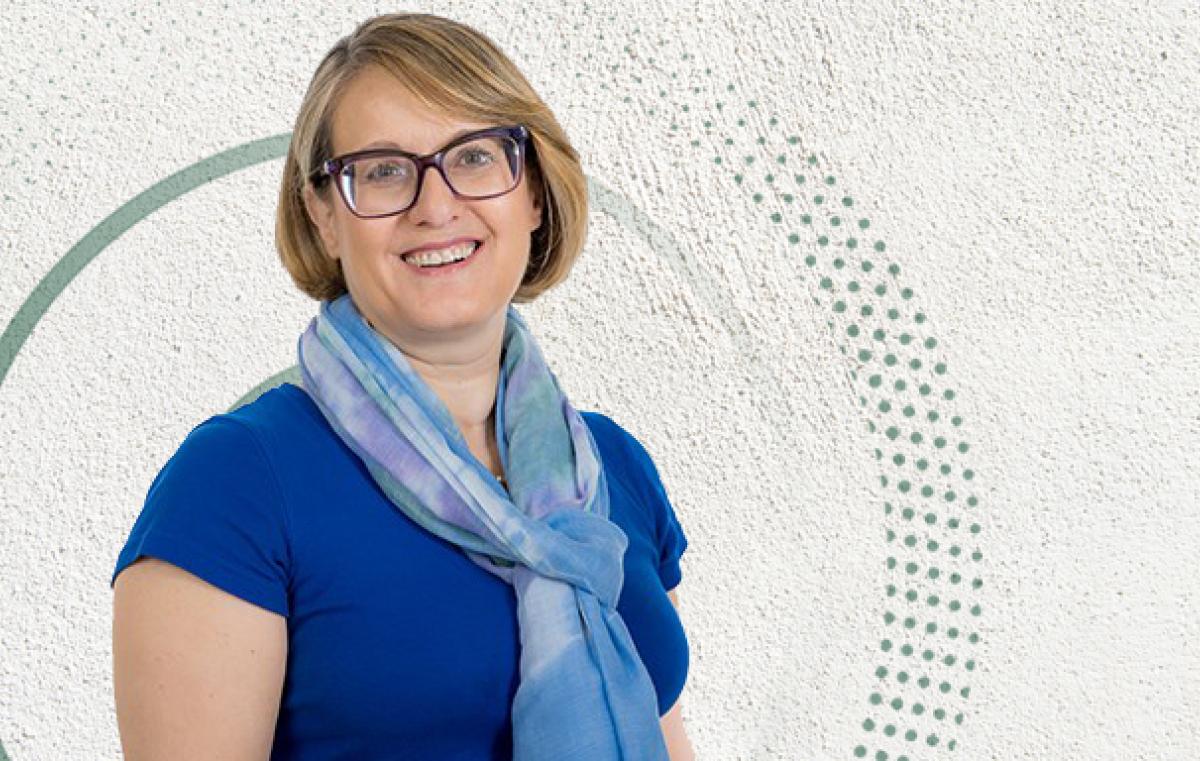Meet Prof. Ramit Mehr
Prof. Mehr explains that the immune system functions as a complex network of actions, reactions and interactions.

The body’s immune system is the only biological system, apart from the brain, that continuously learns and remembers its experiences. The immune system recognizes potential threats invading the body, decides on a course of action, initiates certain reactions and learns from their consequences.
Meet Prof. Ramit Mehr, Head of the Computational Immunology Laboratory in the Mina & Everard Goodman Faculty of Life Sciences at Bar-Ilan University. Her lab, which is the first of its kind in Israel, employs computational tools to investigate the immune system.
Prof. Mehr explains that the immune system functions as a complex network of actions, reactions and interactions. "The system has a number of protective mechanisms, mainly the lymphoid cells, each targeting a specific antigen (foreign factor). There are several types of such cells; for example, B lymphocytes produce antibodies that bind to microbes, while T lymphocytes kill virus-infected or tumor cells, or coordinate communications in the system. "
Despite painstaking research, researchers are still unable to explain exactly how the immune system works, let alone predict its responses to untested manipulations, such as vaccines, drugs and transplantations. If we want to enhance the system's defense and error-correction capabilities, it is not enough to understand how each component or several components function; we must understand the behavior of the entire system, as a result of the complex behaviors and interactions of all cells in the system.
To face this challenge, which involves an astronomical amount of calculations, Prof. Mehr and her research group are developing mathematical and computational tools that describe and predict the functioning of the immune system. They are developing mathematical methods for analyzing mutations in antibody genes during the immune response; they are also investigating why the immune system fails in cases of malignant cells, infections, autoimmune diseases, chronic infections, and natural aging. Studies conducted using these methods have provided some new insights into how certain malignancies should be treated.
Prof. Mehr specialized in mathematical and computational immunology at the Los Alamos National Laboratory and at Princeton University in the USA, and was the first Israeli to receive a fellowship from the International Women's Forum Leadership Foundation. Alongside her academic activities, Prof. Mehr served or serves in a variety of leadership and management roles at the Israeli Societies for Biomathematics, Immunology, and Bioinformatics and Computational Biology, and at the (international) Society for Mathematical Biology, and is a member of international interest groups in life sciences and mathematics.